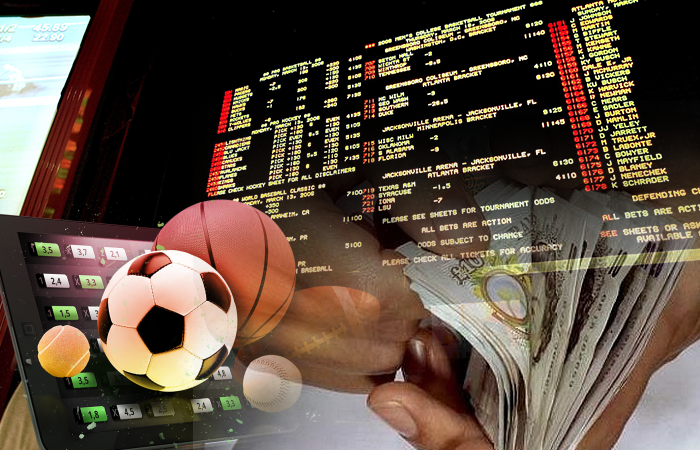
Live poker vs online poker
The world of poker has evolved tremendously over the last few decades, with two primary formats dominating the scene: live poker and online poker. Each format has its unique appeal and advantages, attracting different types of players. In this article, we will explore the essential aspects of both formats, including gameplay, social interaction, convenience, skills required, and the overall poker experience. Additionally, we will highlight some platforms like Live poker vs online poker betandreas that enhance the online poker experience.
Gameplay Mechanics
The core rules of poker remain the same whether you play live or online. The objective is to win chips by either having the best hand at showdown or convincing opponents to fold. However, the gameplay mechanics differ significantly between the two. In live poker, players engage in face-to-face interactions, making decisions at a slower pace due to the physical dealing of cards and the social dynamics at play. Players can read their opponents’ body language and facial expressions, giving them an edge in psychological warfare.
Conversely, online poker moves at a faster pace. Players can quickly fold or raise with just a click, and multiple tables can be played simultaneously. This speed can be advantageous for experienced players who can exploit the mistakes of others more effectively. However, it can also lead to impulsive decisions, especially for inexperienced players who may struggle to keep up with the fast-paced environment.
Social Interaction
One of the most notable differences between live and online poker is the level of social interaction. Live poker is inherently a social game, where players gather around a table, converse, and share the thrill of the game in real-time. The camaraderie developed at the table can lead to lasting friendships and unforgettable experiences, enhancing the enjoyment of the game.
In contrast, online poker often lacks this social aspect. While many platforms offer chat features, the experience is not the same as interacting face-to-face. Players may feel isolated, which can lead to increased tension and a less enjoyable experience for some. However, the rise of online poker communities and forums can help bridge this gap by providing platforms for players to share their experiences and strategies.
Convenience and Accessibility
Convenience is one of the most significant advantages of online poker. Players can access their favorite games from anywhere with an internet connection, whether at home, on a break at work, or while commuting. Online poker platforms operate 24/7, allowing players to join tournaments or cash games whenever they want. This level of accessibility removes geographical and time constraints often associated with live poker, where players must travel to a casino or poker room during specific hours.

On the flip side, live poker offers a more immersive and engaging atmosphere that can be hard to replicate through a screen. For many players, the thrill of attending a live tournament, enjoying the ambiance of a casino, and interacting with other players is irreplaceable. The experience of being part of a live audience and the adrenaline rush that comes with it are significant draws for many poker enthusiasts.
Skill Levels and Strategy
Both live and online poker require a solid understanding of poker strategy, but the skills emphasized can differ. In live poker, players often rely on their ability to read opponents, interpret physical tells, and construct narratives around their gameplay. Live players may need to develop a more comprehensive understanding of human psychology and behavioral cues to succeed.
In online poker, the focus shifts to analytical skills. Players must be proficient in mathematical calculations, bankroll management, and poker odds to make quick decisions. Advanced players often utilize software tools to track their performance, analyze opponents, and identify areas for improvement. This analytical approach can lead to a more technical style of play, contrasting with the more intuitive nature of live poker.
Cost and Rake
The costs associated with playing poker can also vary widely between the two formats. In live poker, players must consider travel expenses, accommodation, and potential food or beverage costs at the casino. Additionally, the rake, or the fee that the house takes from each pot, tends to be higher in live settings compared to online platforms due to overhead costs.
Online poker generally comes with lower overhead, which can translate to lower rakes and more favorable playing conditions for players. This aspect makes online poker more accessible to casual players who may not want to spend as much money on their hobby. Moreover, many online platforms offer various promotions, bonuses, and freeroll tournaments that can enhance the value of playing online.
Conclusion
In conclusion, the debate between live poker and online poker hinges on personal preferences and individual playing styles. Live poker offers a rich, immersive experience with social interactions and a unique atmosphere, making it a favorite for many enthusiasts. On the other hand, online poker provides the convenience of playing anytime, anywhere, with the potential for a faster-paced game and lower costs.
Ultimately, both formats have their merits and can coexist harmoniously within the world of poker. Players should consider their priorities, whether they value social interaction or convenience more, and choose the format that best aligns with their gaming style. Whichever format you prefer, the excitement of poker continues to captivate millions worldwide, ensuring that both live and online poker will thrive for years to come.